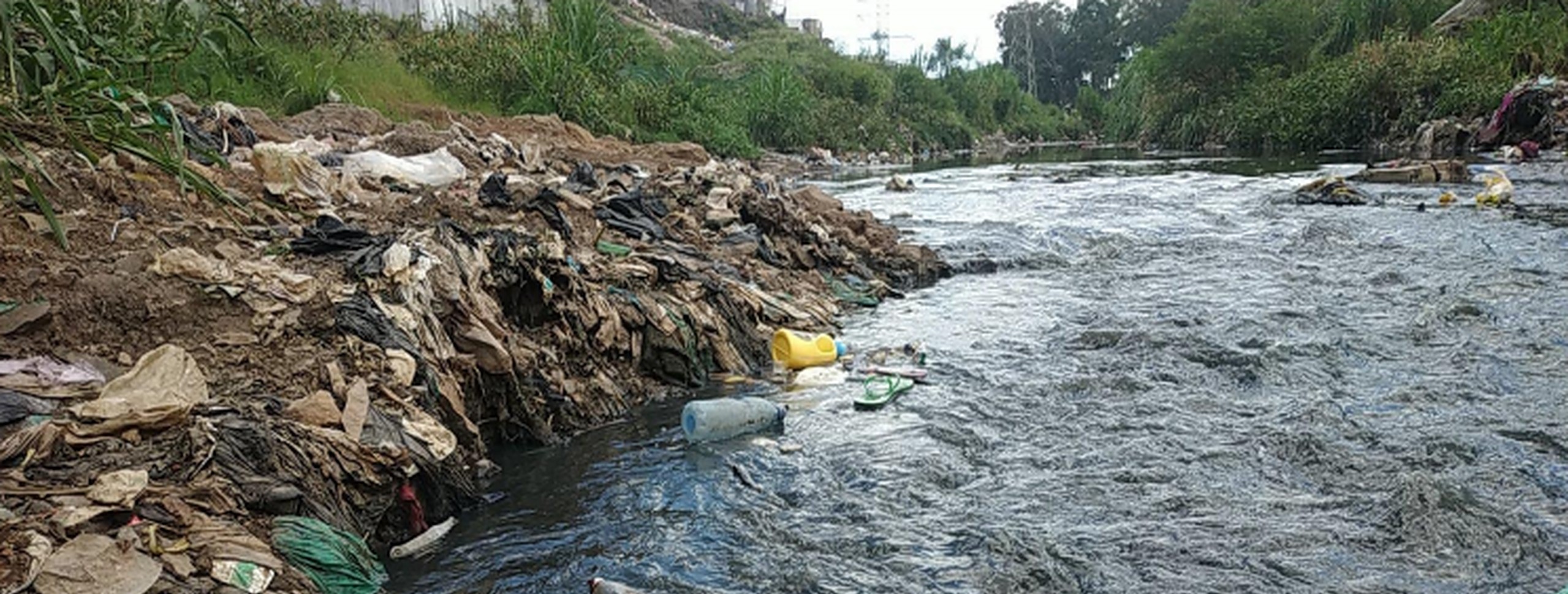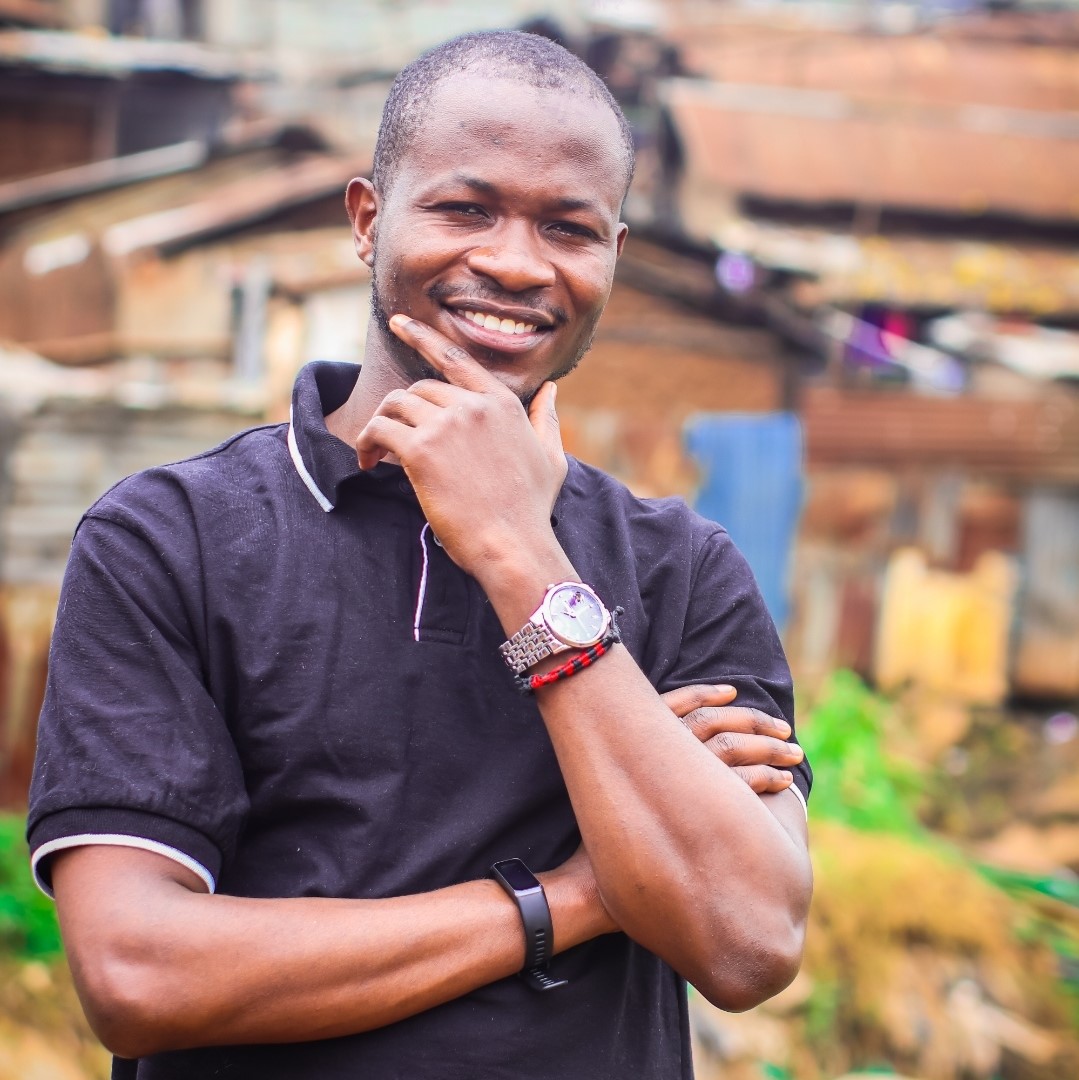This post is also available in: Swahili (Swahili)
The River Athi, and its tributaries Nairobi, Ngong, and Mbagathi, flow lazily through the plains of the Maasai Mara, the Tsavo, the valleys of Kenya, and eventually empty their waters into the Indian Ocean. Millions of Kenyans rely on these rivers for drinking water and irrigation, and wildlife depend upon the rivers for survival.
While the River Athi and its tributaries give life to Kenya, they also receive large amounts of plastics, pollution, and waste from the over nine million residents of the Nairobi area. Our government has taken aggressive measures to curb plastic use, including a strict ban on single-use plastic bags and efforts to clean pollution-prone sections of the river, but insufficient waste management systems remain a problem for our precious rivers.
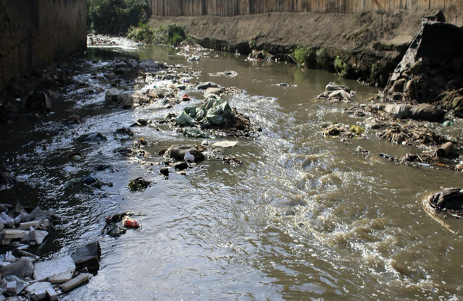
As a part of the Clean Currents Coalition, we at Chemolex are partnering with SmartVillages to install 10 plastic capture devices along these rivers to prevent plastic waste from reaching the Indian Ocean. But removing plastics is only the first step in our plan to revive and restore these once mighty rivers. Through local outreach and education, we aim to curb the flow of plastics to the rivers by encouraging reduced plastic use and proper recycling. We are working with women’s groups and community-based organizations to train the next generation of river keepers and create a sustainable model of stewardship. By doing this, we hope to create positive behavior change with the locals regarding waste management. And we will create value for the waste collected from the river by transforming it into energy and construction materials. Through these efforts and in collaboration with the Clean Currents Coalition, we hope to bring life back to these rivers for all Kenyans today and in the future.
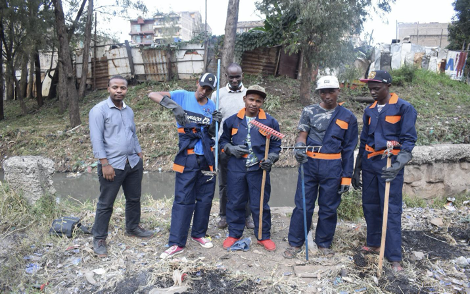
To help the world understand the great challenges our River Athi faces, we share with you its story:
The River Athi: “I am dying…”
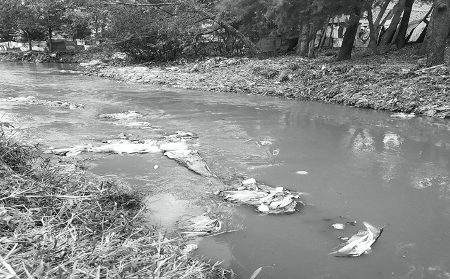
There are children playing with sand on my dusty banks while their mother is busy lighting a fire to boil green maize cobs. In a few hours, the glass-bottle recycling workers nearby will be trotting by to pick the boiled maize. On a plank just ahead, there is a young boy, barely in his teenage years, smoking something rolled up in a paper.
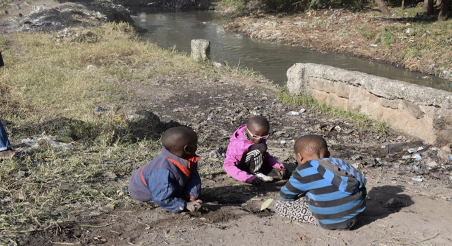
An expectant woman, hiding pain behind her eyes, passes by with a box of trash in her hand. Without much thought, she tosses the waste towards me. It is as if I am not even here. Meandering silently and surely across the low-income settlements haphazardly constructed on my riparian, I slither between the buildings like an invisible snake. I know their darkest secrets.
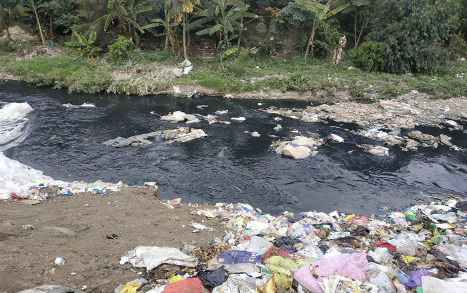
I have lived for thousands of generations. I have seen the young grow old, wither, and die. I have seen your great, great grandparents arrive and vanish from this earth. I have served the people of Nairobi well as I drain into the Indian Ocean. Now I too am dying, a former shell of what I used to be. In fact, in some ways, I am already dead. There are no longer fish swimming in my waters, no mudfish hiding and fertilizing their eggs in my muddy banks. The birds no longer fly by to grab the fleshy worms that call me home. I have been left lonely and abandoned.
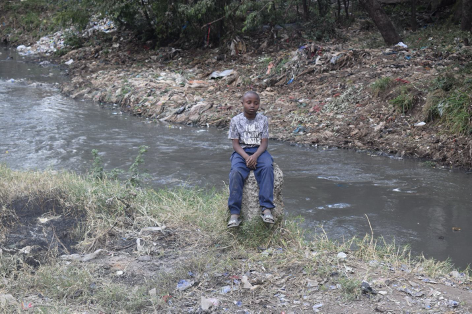
All people do is throw trash at me. There is a child seated with a despaired look on his face, I can feel his hopelessness radiating. He is not perturbed by the foul smell that is emanating from my belly. The water has turned dark, acrid, and poisonous – even for the slightest life. Only thirty years ago I was vibrant with activity.
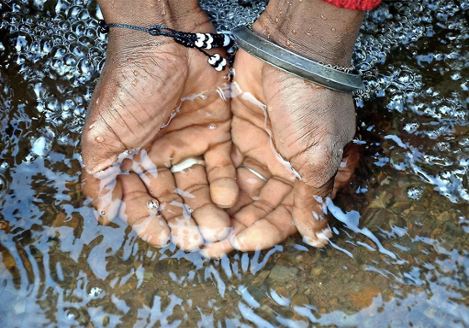
Women could be seen fetching water for their household chores, men driving their cattle for their afternoon drinks. Just ahead near the lagoon, children laughing and splashing in my refreshing waters. I was proud to bring so much joy and life to these creations.
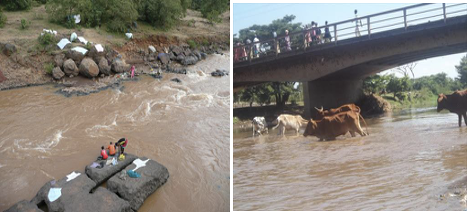
Now, as I move downstream, my only job is to carry waste. Plastic is embedded in my system, chemicals from industries poison me, and I am the final destination for the sewage that is exuded from settlements near my banks. I feel so toxic that I am worried for you, your generation. Look at the amount of poisonous waste in me. I am unrecognizable, and I fear I can no longer call myself a river.
But you brought this on yourself. The heavy metals you have let slip into my stream – the mercury, the lead, the copper. What about the chemicals? Do you ever think about the future? I am sure many people who drink from me have already started to feel the effects. You are inflicted by cancerous infections and dying of typhoid and cholera. The heavy metals have caused brain damage to many of your children. The disintegrated plastic is slowly and surely being infused into the sea animals you consume. For the next 50 years, things will change. Life as you know it will never be the same.
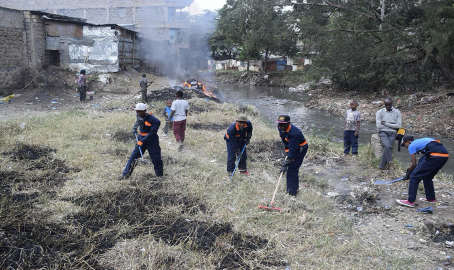
Please, look back and reconsider. Change your ways. Organize yourselves. Have a comprehensive waste management system. I know it is not too late to start over. It will not be an easy task. I have seen youth groups and women rising to the occasion. Good job! It is the little efforts that matter. Let us all join hands and return back the life we deserve. It can, and must, be done to safeguard the lives of your future.
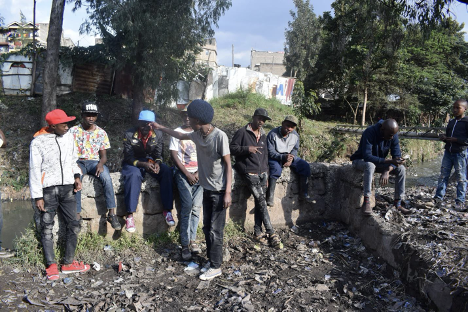
I just thought to let you know this.
#REDUCE #RE-USE #RECYCLE
